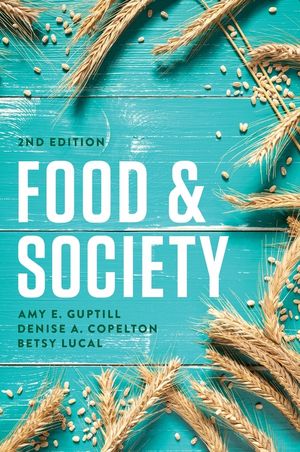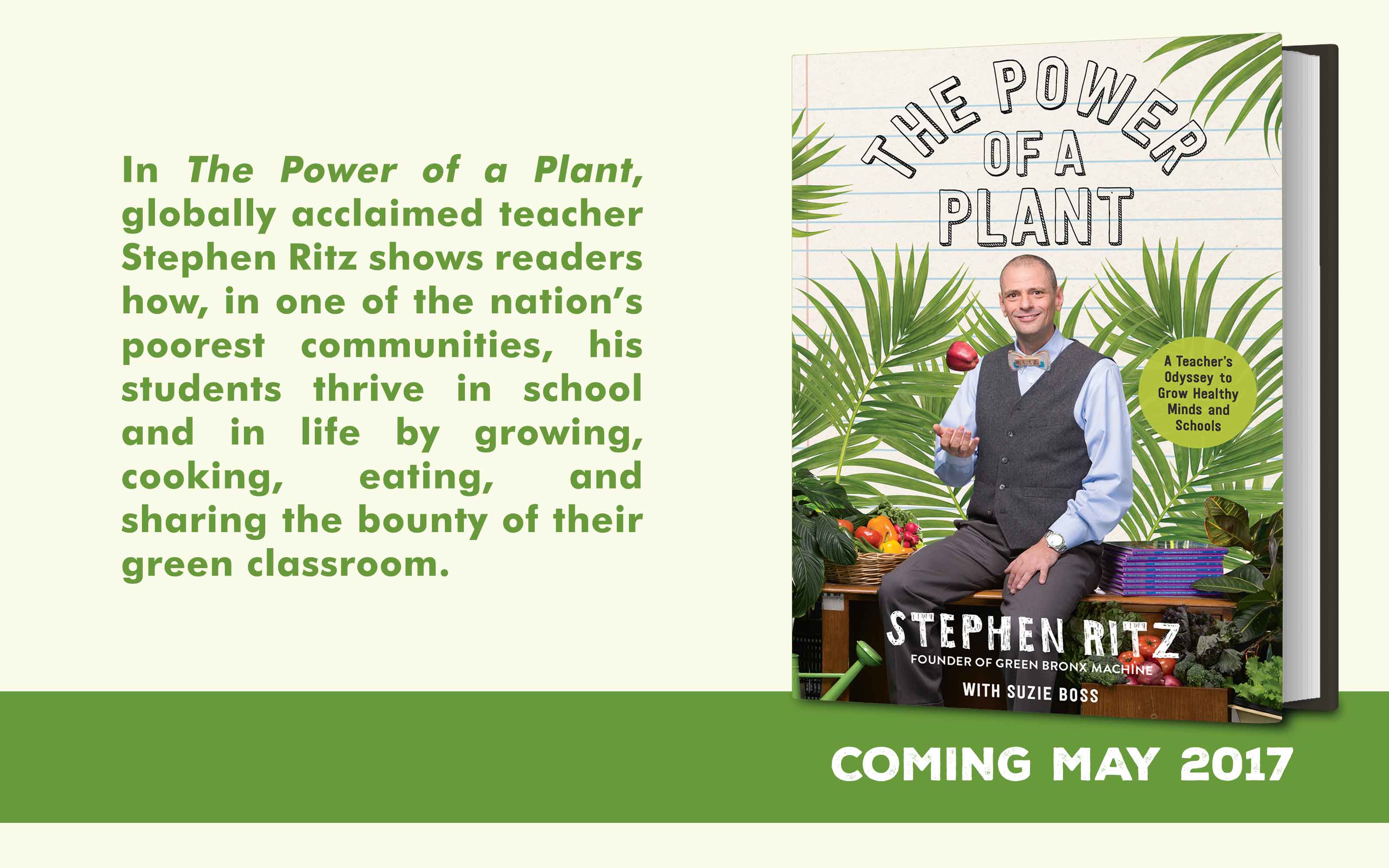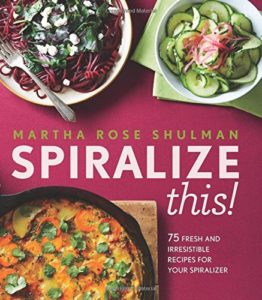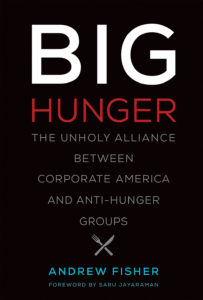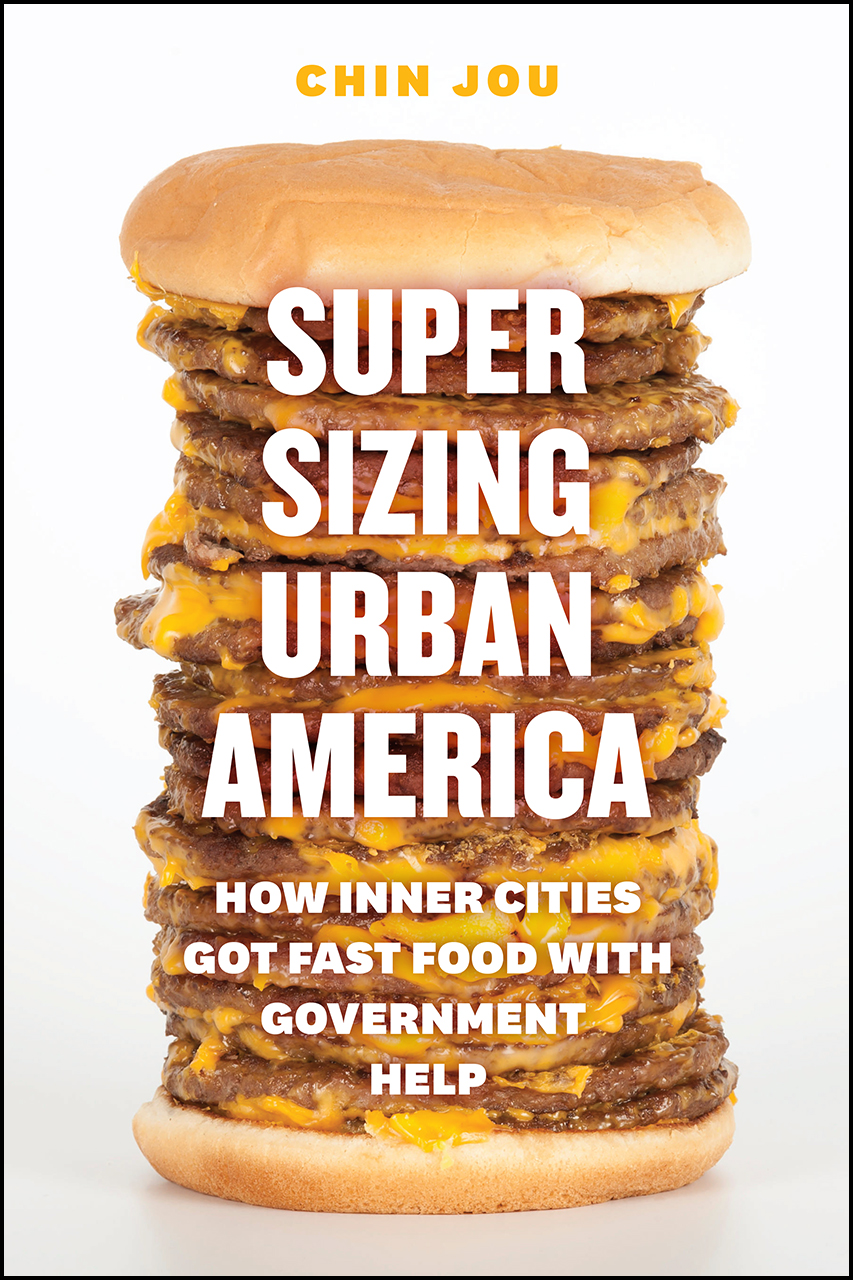Amy L. Best. Fast Food Kids: French Fries, Lunch Lines, and Social Ties. New York University Press, 2017.
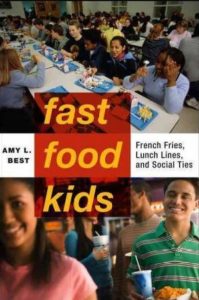
This is an academic sociologist’s account of what and how kids eat in school, and why. Amy Best, a professor at George Mason University, spent several years quietly observing kids eating at McDonald’s and Chipotle, and in cafeterias in a low- and high-income high school. She also did countless interviews.
The result is a reality-based analysis of the strengths and weaknesses of school lunch programs, and how school cafeterias are used by kids as public spaces defined, as Best puts it, by racial segregation and educational and income inequalities. She also has plenty to say about attempts to reform school meals, the role of “hypervigilant” parents, and the draw of fast food.
Of school food, she says:
Unlike family food, school food holds little if any sacred value; nor does it contain the allure of commercial foods…What is clear is that for some kids, school lunch will continue to be regarded with indifference (and in some cases open contempt). That is the case because the food is school food. In principle, kids find the relationship to public school objectionable, not the food itself (even though some school food really does warrant genuine complaint). Boredom with food is also about boredom with school.
She argues for introducing critical food literacy into the school curriculum, meaning critical thinking about current food system issues. This sounds to me like what Alice Waters has been trying to do–and is doing–through her Edible Schoolyard projects, and also like the work of the Center for Ecoliteracy. Both call for issues related to school lunch to be part of the school’s educational mission. Best does not mention either effort in her book, an unfortunate omission in an otherwise thoughtful account of a complicated and important topic.
